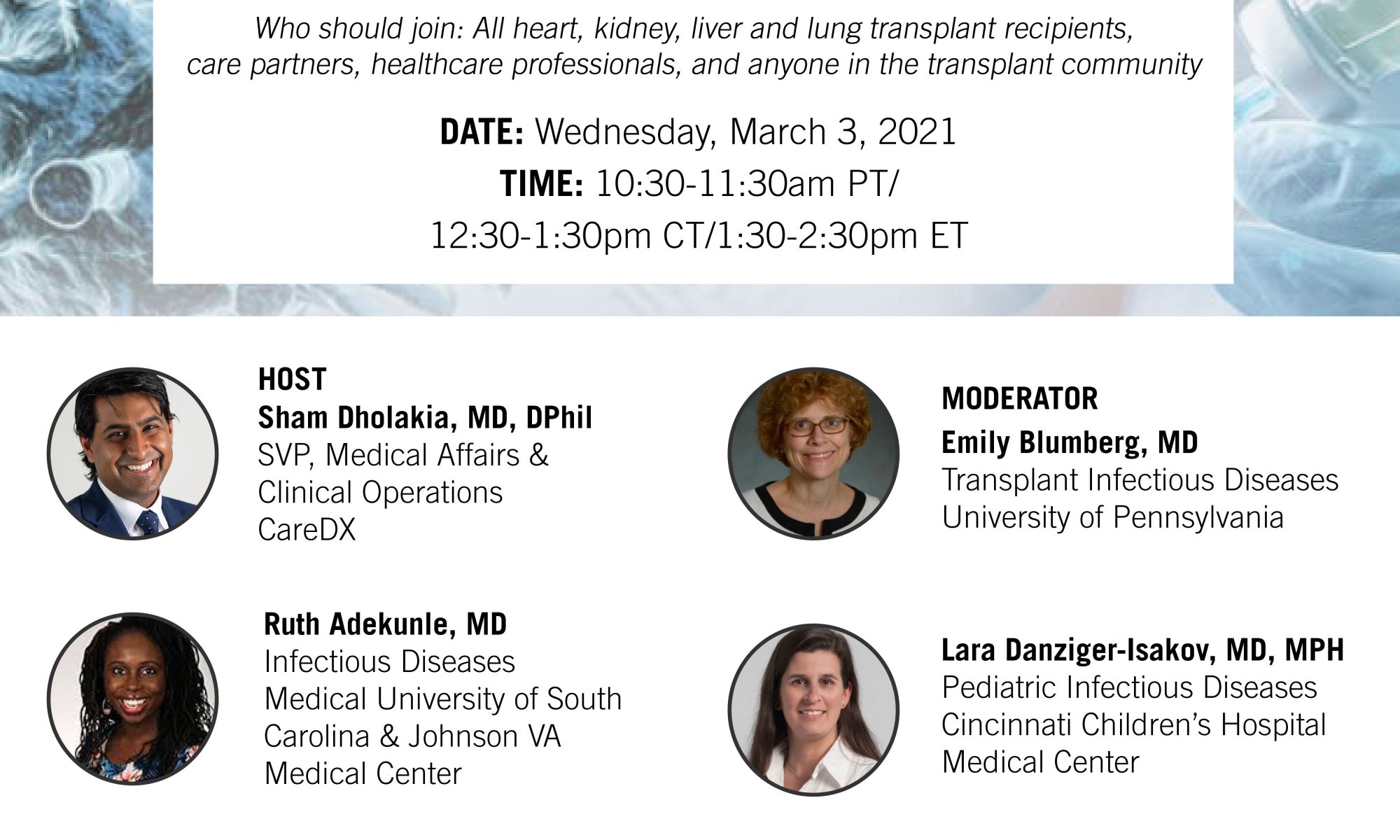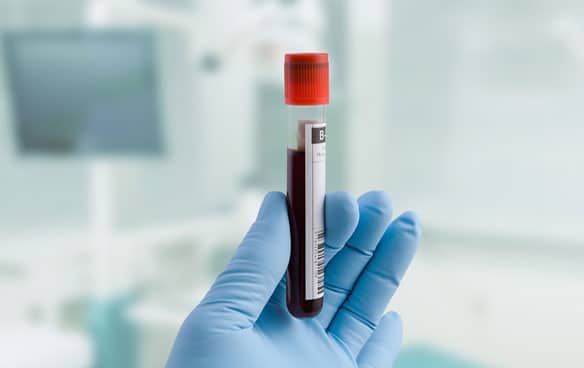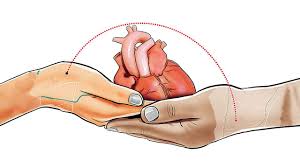A person living with a transplanted organ can live a healthy and normal life.
However, to increase your chances of long-term success, experts say that immunosuppressants (anti-rejection medications) must be taken every day as directed.1
“A transplanted organ is seen as a foreign object—or an ‘unwelcome visitor’—by your body,” says Nikhil Agrawal, MD, a nephrologist with Beth Israel Deaconess in Boston. “That is why your body’s immune system works hard to react against—or ‘reject’—the transplanted organ. Immunosuppressants suppress your body’s immune system and prevent rejection.”
The signs and symptoms of rejection could differ based on your transplanted organ. Below are a few things to look out for if you are a kidney- or heart-transplant recipient.
Read the full article, here.








